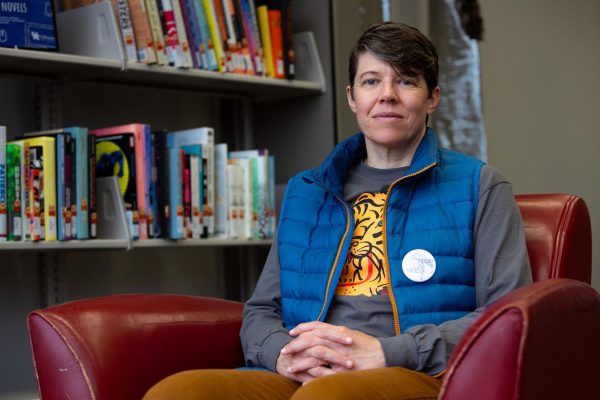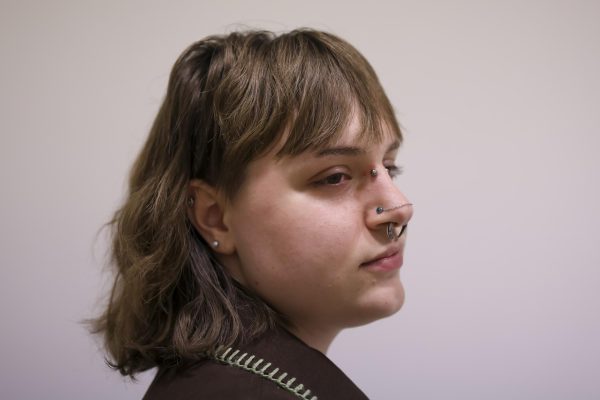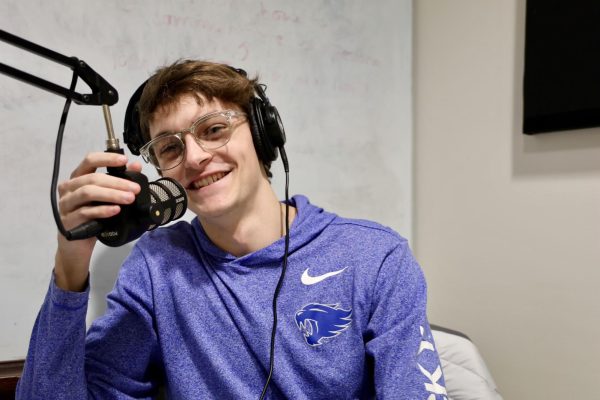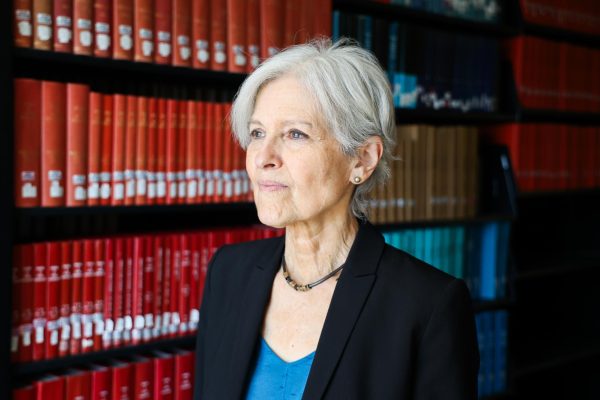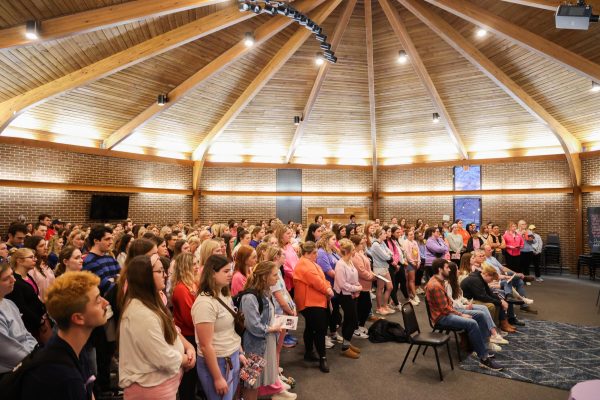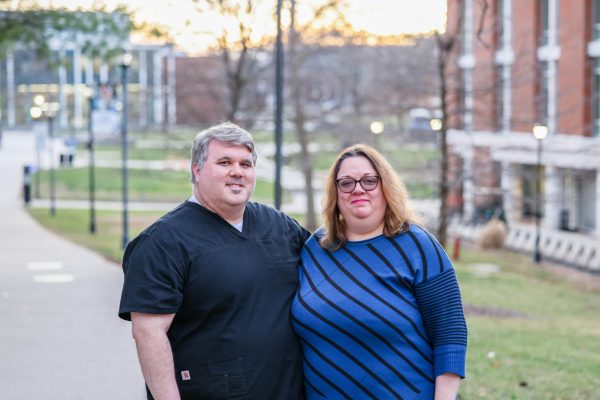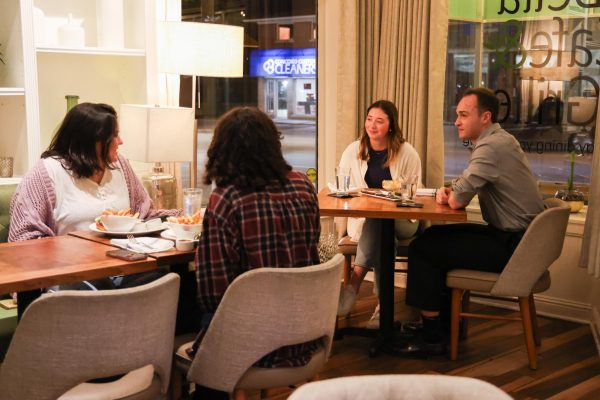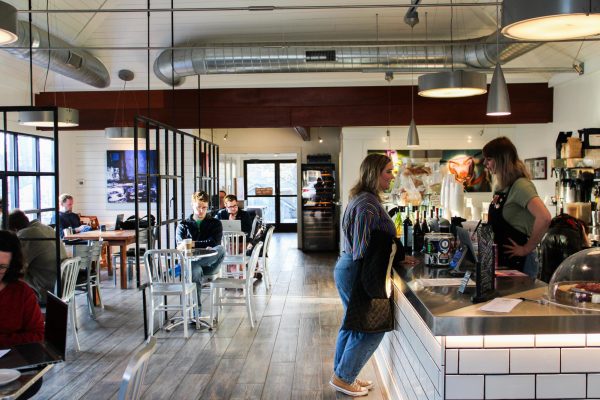‘Speak On It’ to break down the misconceptions of hip-hop
April 20, 2017
Poetic Justice, a poetry workshop and creative think tank at UK is hosting a “Speak On It” event April 22.
The student group said they want “Speak On It” to change racial perceptions in academia. Performers, rappers and speakers at the event will be pushing society to take minority crowds and cultures seriously. According to the organization’s Facebook page, their mission is “to create a safe space that is conducive for creativity while using our creativity to address societal issues.” The group said they hope rappers and hip-hop artists will be seen as the source for critical thinking and expression.
This is the biggest event Poetic Justice has held yet, according to Alecia Johnson, a marketing junior and member of Poetic Justice. Rappers such as Big K.R.I.T and Devine Carama will be performing as well as poets. There will also be a panel discussion on their work and prevalent issues in today’s society.
The performers will be covering several issues including poverty, racism, representation and the age of Trump.
“This event will get people talking about racial issues, inequality, misogyny, sexism and bias,” Johnson said. “’Speak On It’ also serves to educate those who don’t know where to start. There are people who have never heard of these topics before, who have never listened to a rap song for its worth. We are hoping that students can walk away having learned about what it means to be part of a minority.”
Johnson said she also wants the event to change the way rappers are perceived. She said there is a negative perception surrounding hip-hop that the focus of the music and lyrics revolve around violence and questionable ethics. She said this overlooks the true meaning of the art that often aims to challenge and critique society and promote positivity.
Devine Carama wrote his first rhyme in 1996 at the age of 16. He has a long history of lectures and performances on UK’s campus, but this will be his first time working with Poetic Justice.
“I hope through this event we are able to shed light on the true essence of what it means to be a hip hop artist,” Carama said. “The foundation of rap music was built on being a ‘voice for the voiceless’ through politically charged rhetoric and socially conscious themes. Somehow over the years we’ve lost some of the elements that hip hop culture was built off of, therefore losing artistic integrity from the fans’ perspective as a result.”
Johnson said she wants the event to establish that minorities and people from marginalized groups deserve as much credit in the academic atmosphere. She said the event will prove that hip-hop and rap are more than just profanity and misogyny.
Senior Connie Oats has been performing poetry since her freshman year in high school. She will be performing a group piece at the event.
“Rappers and performers have a negative stereotype attached to them. They’re not allowed to be political or express their values,” Oats said. “I want to show people that it’s more than just a poem or rap, it’s what you believe in.”
IF YOU GO
Speak On It
When: Saturday, April 22 from 6-8 p.m.
Where: Jacobs Science Building – 680 Rose St.












































































































































